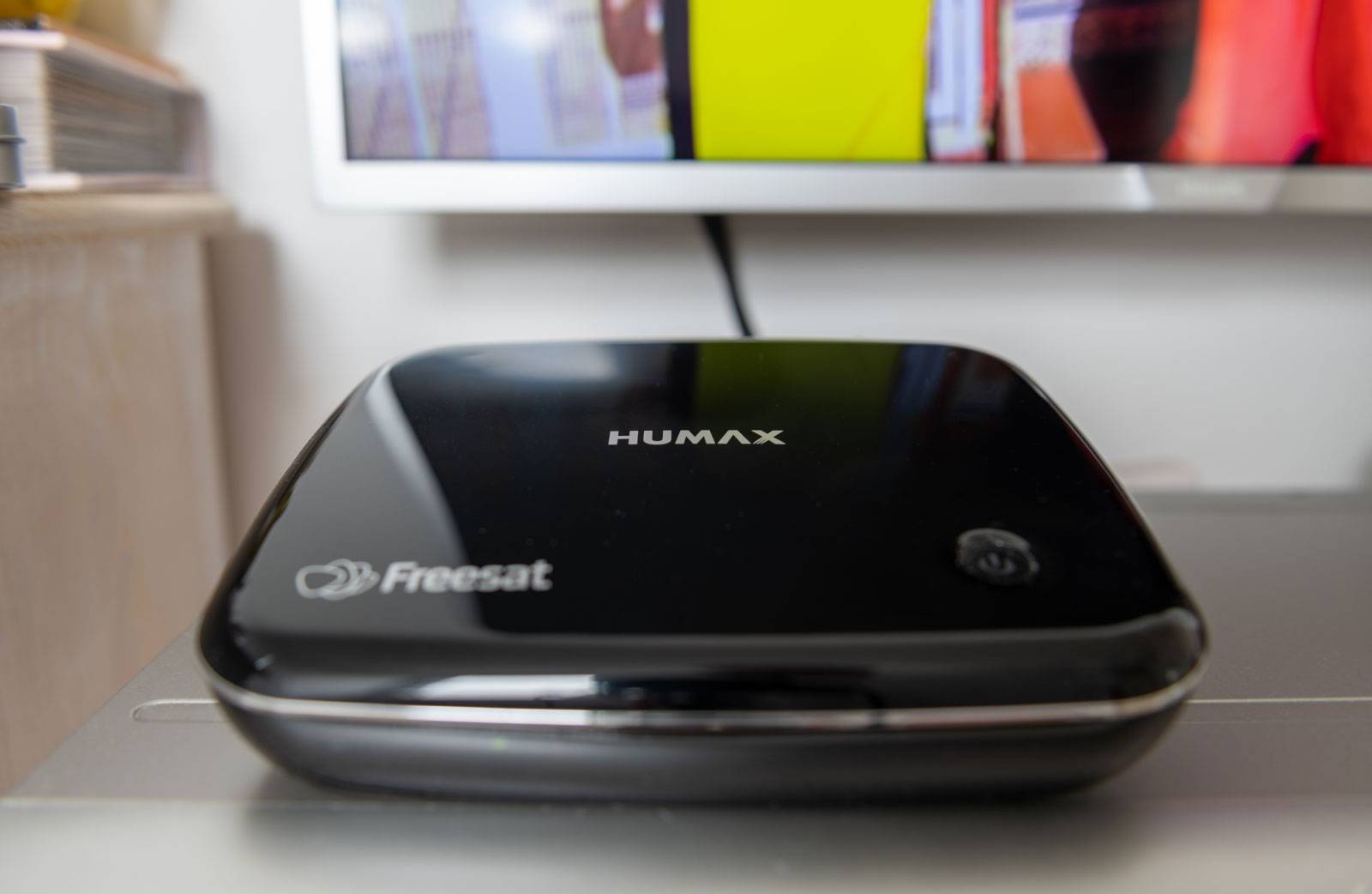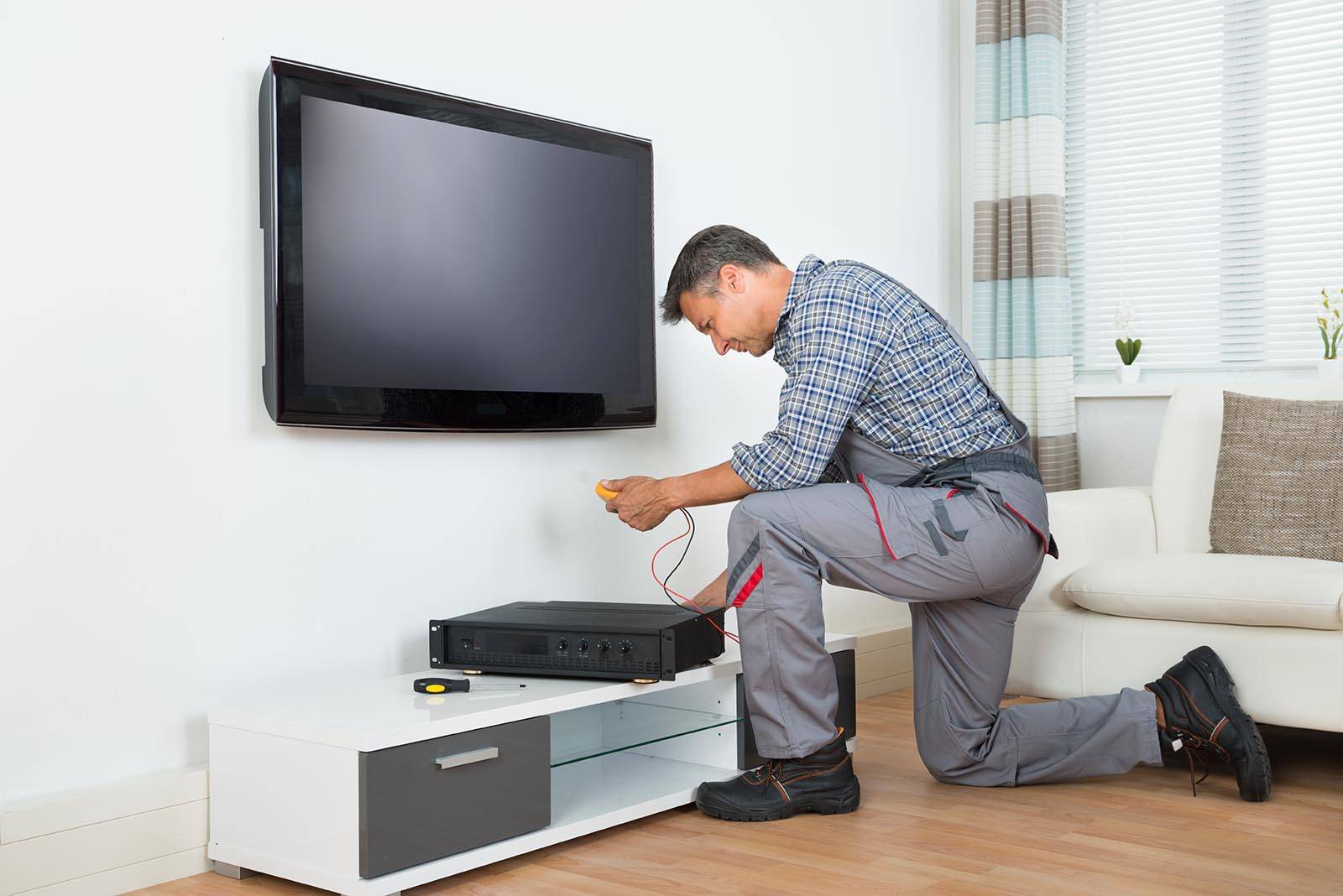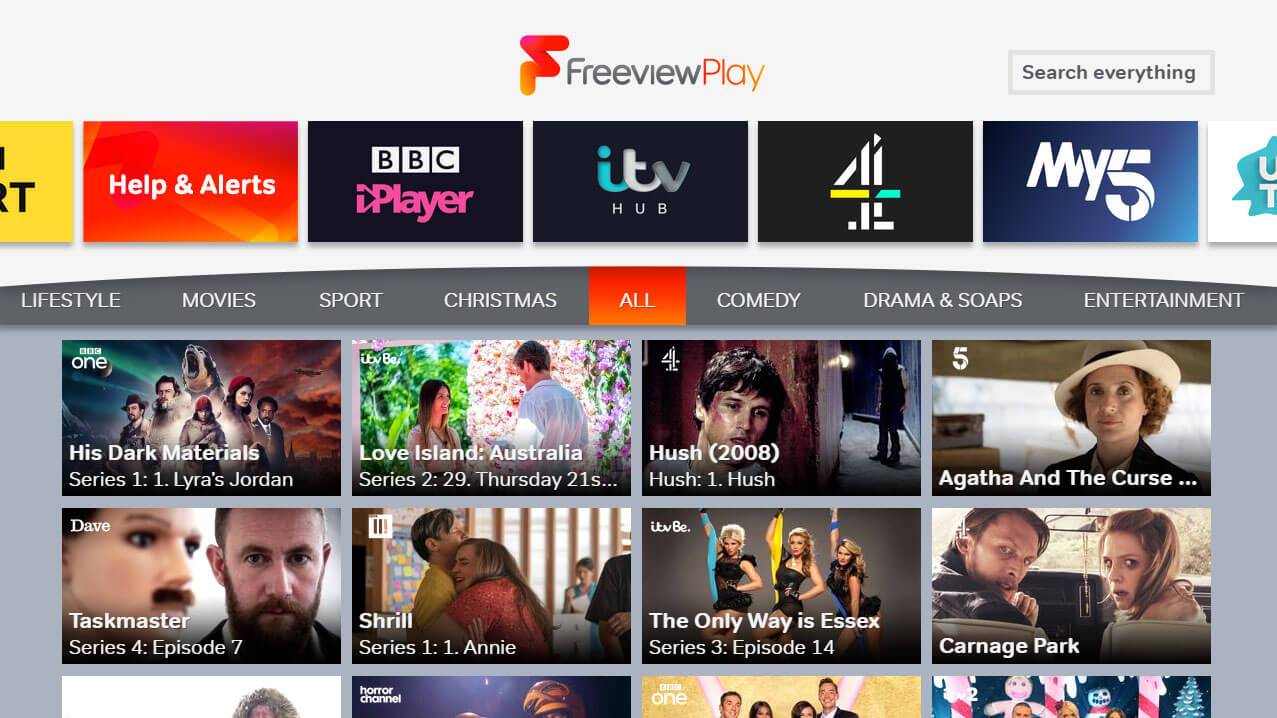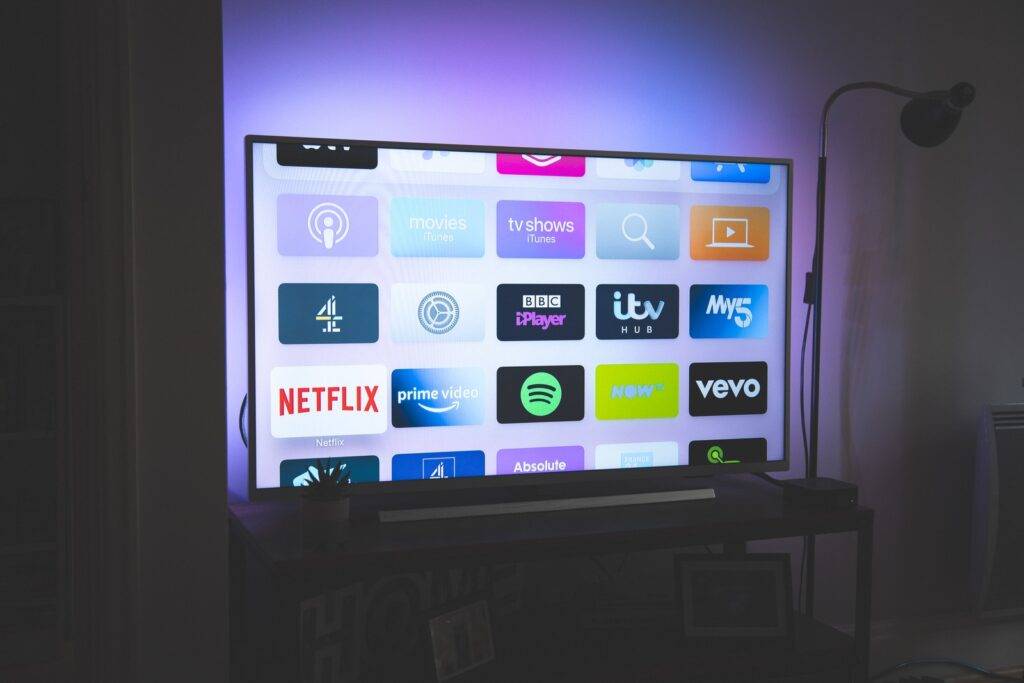Freeview vs Freesat: Which is the Best Option for Your TV Needs?
Freeview vs Freesat, what is the difference between these two options and which one is best suited for your TV needs?
This question has been a topic of debate among TV viewers for quite some time now.
Both of these services provide access to free-to-air channels, without the need for a subscription or contract.
However, there are some key differences between Freeview and Freesat that you need to be aware of before making a decision.
In this document, we will discuss the similarities and differences between Freeview and Freesat and help you determine which option is best for your TV viewing needs.
What is Freeview?

Freeview is a digital terrestrial television (DTT) service that provides access to over 70 standard freeview channels and up to 15 HD channels.
It was launched in 2002 and is operated by DTV Services Ltd, a joint venture between the BBC, ITV, Channel 4, Sky and transmitter operator Arqiva.
Freeview installation requires a TV set-top box or a TV with an inbuilt Freeview tuner to receive the channels.
A TV aerial is also necessary for Freeview, as it uses traditional transmission methods to deliver its content.
Freeview play is the latest version of Freeview which offers access to on-demand content from BBC iPlayer, ITV Hub, All 4, My5 and UKTV Play.
Freeview Lite is a cheaper version of Freeview that only offers the 15 most popular channels.
What is Freesat

Freesat is a satellite television service that provides access to over 200 TV and radio channels, including HD channels.
It was launched in 2008 and is owned by a joint venture between the BBC and ITV.
Freesat requires a satellite dish installed and a set-top freesat box or TV with an inbuilt Freesat tuner to receive the freesat channels.
Freesat HD services are available with Freesat+ HD which also includes a recording function.
Freesat on-demand is the latest version of Freesat which offers access to on-demand content from BBC iPlayer, ITV Hub, All 4, My5 and UKTV Play.
Similarities Between Freeview and Freesat
- Both services provide access to free-to-air channels without a subscription or contract.
- They offer a variety of channels including HD options.
- Freeview and Freesat both require some sort of equipment (set-top box or TV with an inbuilt tuner) to receive the channels.

Difference Between Freesat and Freeview
- While Freeview is available through a terrestrial signal, Freesat is available through a satellite dish.
This means that if you live in an area with poor reception, Freesat may be the better option for you.
- Freeview has more limited channel options compared to Freesat, which offers over 200 channels.
- With Freeview, your channel lineup depends on your location and the transmitter you are receiving the signal from.
Freesat, on the other hand, has a standard channel lineup across the UK.
- Freesat offers more premium options such as paid movie channels and on-demand services, while Freeview is completely free.
Channels available on Freeview
Freeview offers popular channels such as:
- BBC,
- ITV,
- Channel 4,
- Channel 5,
- Dave,
- E4,
- Film4 and more
For an up to date list check out: https://getmedigital.com/blog/latest-channel-updates-on-freeview-18-10-2023/
Channels available on Freesat
Freesat offers a larger range of channels including:
- BBC,
- ITV,
- Channel 4,
- E4,
- Film4,
- Sky News,
- CNN,
- National Geographic,
- BT Sport and more.
In addition to these channel options, Freesat also offers paid movie channels such as Sky Cinema, which is not available on Freeview.
Radio Stations
Both Freeview and Freesat offer a range of radio stations, with Freeview offering around 15 radio channels and Freesat offering over 30.
Which Option is Best for You?
The answer to this question ultimately depends on your personal preferences and needs.
If you live in an area with good reception and are satisfied with the channel options provided by Freeview, then it may be best for you to choose Freeview .
However, if you want access to a wider range of channels, including premium options, or if you live in an area with poor TV service, then Freesat may be the better choice.

It’s also worth considering the initial setup costs – while Freeview only requires a set-top box or TV with an inbuilt tuner, Freesat also requires a satellite dish.
We recommend doing some research on the channel line ups and availability in your area to determine which option is best for you.
Cost of Freeview
As mentioned earlier, Freeview is completely free as it does not require a subscription or contract.

The only cost involved is the initial purchase of a set-top box or TV with an inbuilt tuner.
You will also need to pay a TV licence fee to legally watch any TV channels in the UK.
Freesat Costs
Freesat, on the other hand, offers both free and paid channel options.
The standard channel lineup is free, but if you want access to premium channels such as Sky Cinema or on-demand services like Netflix, you will need to pay extra for these subscriptions.
Freesat boxes cost anywhere from £50-£200 depending on the features and capabilities.
You will also need to pay for installation of a satellite dish, which can cost around £100-£200.
Additionally, you will still need to pay for a TV licence fee when watching any TV channels in the UK.
Smart TV Integration

Both Freeview and Freesat are now available on smart TVs, which means you can access the channels without the need for a set-top box or additional equipment.
This is a convenient option for those who prefer a clutter-free setup.
However, keep in mind that not all smart TVs have both Freeview and Freesat options, so make sure to check before making a purchase.
Recording Programmes
Both Freeview and Freesat offer recording options, but in different ways.
With Freeview, you will need a separate digital video recorder (DVR) to record programmes, these cost around £50-£200.
Freesat offers the option of purchasing a set-top box with a built-in DVR, or upgrading to Freesat+ HD for the same function, the cost of these is similar to standard Freesat boxes.
Catch Up TV Services
Both Freeview and Freesat offer catch up tv services for some of their channels.
Freeview has a larger range of catch up options, while Freesat only offers on-demand content from selected channels like the BBC and ITV.
With these services you can pause and rewind live TV , as well as watch TV programmes you may have missed.
Conclusion
Freesat and Freeview both offer free TV channels and a great TV service .
The main differences between the two services are how you access them, via a satellite dish or a TV aerial, the cost of the installation and set top boxes and the range of channels available.
Ultimately, it’s important to consider your location, preferences and budget when deciding whether Freeview or Freesat is the best option for you.

